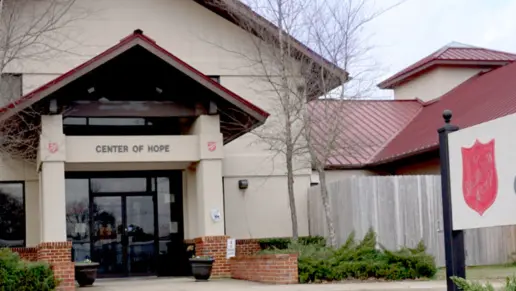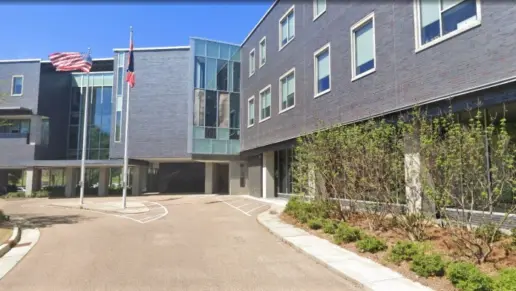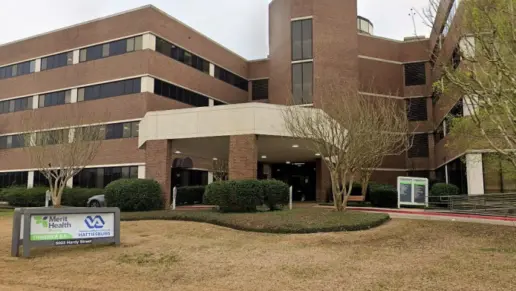My daughter was treated for depression. The doctors talked directly to her and helped her understand what she felt. They also answered all of my questions about the medications when I called. I was so glad they listened. It’s helped us both even though I wasn’t the patie ...
About Pine Grove Behavioral Health and Addiction Services
Pine Grove Behavioral Health and Addiction Services in Hattiesburg, Mississippi, is a nationally renowned addiction treatment center that provides comprehensive mental health and substance abuse programs. What sets Pine Grove apart from other treatment centers is their multidimensional disease model approach to care, which gets to the root of substance abuse and mental health issues. The center features a range of specialty programs that are tailored to specific circumstances, giving patients the ability to personalize their treatment within a supportive environment.
Their substance abuse program is one that they concentrate heavily on. Residential treatment is also part of this program, where patients live on site and receive around-the-clock care. This is best for people that need to be out of their surroundings and have complete focus on recovery. The program offers alcohol and drug addiction treatment and has a medical detox program for individuals who need professional help with physical withdrawals on their road to recovery.
In addition to detox, patients receive group therapy, individual therapy and 12 Step oriented meetings which lay the groundwork for sustaining long term sobriety. Pine Grove also provides relapse prevention, to ensure patients have what they need to avoid a backward spiral once they finish their treatment.
The facility’s Mental Health Program is equally comprehensive. Individuals who have symptoms of depression, anxiety and bipolar disorder can also get treatment through this program. Between these services, therapeutically speaking, they implement a combination of cognitive behavioral therapy (CBT) wherein patients learn to understand and alter unhealthy thought patterns. Another great program is dialectical behavior therapy (DBT), which educates emotional regulation and mindfulness efforts. This mental health program at Pine Grove involves an extraordinary level of care and holistic support in assisting patients with rehabilitation and achieving better living standards.
Facility Overview
Latest Reviews
Rehab Score
Gallery
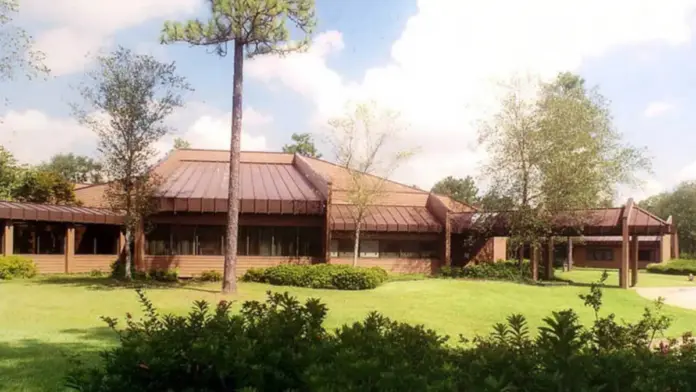
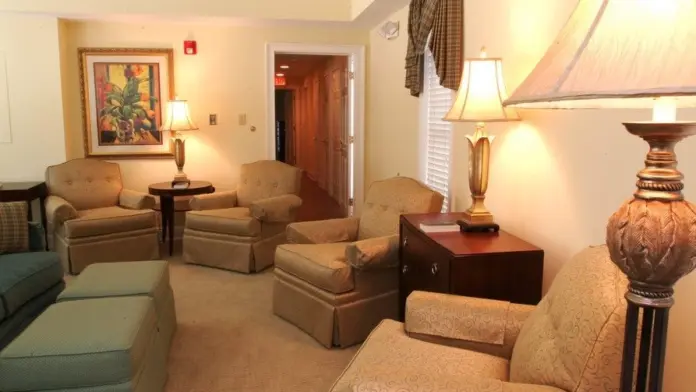
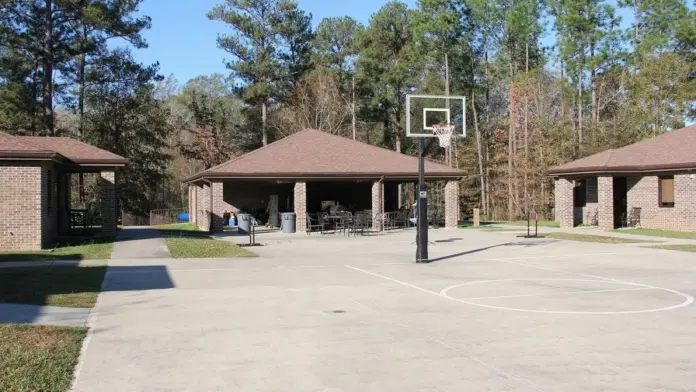
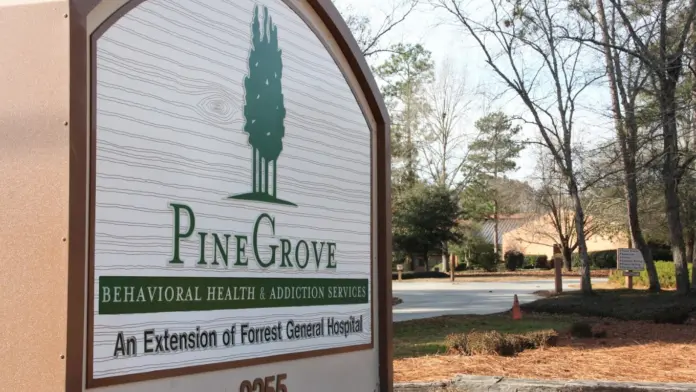
Location
Accepted Insurance
Other Forms of Payment
Medicaid is a state based program that helps lower-income individuals and families pay for healthcare. Medicaid covers addiction treatment so those enrolled can use their coverage to pay for rehab. When a program accepts Medicaid the client often pays very little or nothing out of their own pocket.
Private insurance refers to any kind of healthcare coverage that isn't from the state or federal government. This includes individual and family plans offered by an employer or purchased from the Insurance Marketplace. Every plan will have different requirements and out of pocket costs so be sure to get the full details before you start treatment.
Self-pay involves paying for treatment out of your own pocket. You can use savings or credit, get a personal loan, or receive help from family and friends to fund your treatment. If you don't have insurance or your insurance plan doesn't cover a specific program, self-pay can help ensure you still get the care you need.
Financial aid can take many forms. Centers may have grants or scholarships available to clients who meet eligibility requirements. Programs that receive SAMHSA grants may have financial aid available for those who need treatment as well. Grants and scholarships can help you pai for treatment without having to repay.
Medicare is a federal program that provides health insurance for those 65 and older. It also serves people under 65 with chronic and disabling health challenges. To use Medicare for addiction treatment you need to find a program that accepts Medicare and is in network with your plan. Out of pocket costs and preauthorization requirements vary, so always check with your provider.
Military members, veterans, and eligible dependents have access to specific insurance programs that help them get the care they need. TRICARE and VA insurance can help you access low cost or no cost addiction and mental health treatment. Programs that accept military insurance often have targeted treatment focused on the unique challenges military members, veterans, and their families face.
Addiction Treatments
Levels of Care
Treatments
Many of those suffering from addiction also suffer from mental or emotional illnesses like schizophrenia, bipolar disorder, depression, or anxiety disorders. Rehab and other substance abuse facilities treating those with a dual diagnosis or co-occurring disorder administer psychiatric treatment to address the person's mental health issue in addition to drug and alcohol rehabilitation.
A combined mental health and substance abuse rehab has the staff and resources available to handle individuals with both mental health and substance abuse issues. It can be challenging to determine where a specific symptom stems from (a mental health issue or an issue related to substance abuse), so mental health and substance abuse professionals are helpful in detangling symptoms and keeping treatment on track.
Programs



Clinical Services
Cognitive Behavioral Therapy (CBT) is a therapy modality that focuses on the relationship between one's thoughts, feelings, and behaviors. It is used to establish and allow for healthy responses to thoughts and feelings (instead of unhealthy responses, like using drugs or alcohol). CBT has been proven effective for recovering addicts of all kinds, and is used to strengthen a patient's own self-awareness and ability to self-regulate. CBT allows individuals to monitor their own emotional state, become more adept at communicating with others, and manage stress without needing to engage in substance abuse.
Treatment that includes dialectical behavior therapy in Mississippi gives you specific tools for managing challenging situations. You'll learn how to identify and change unhealthy thought patterns. You'll also attend group training sessions where you can start applying the skills you're learning in treatment.
Group therapy is any therapeutic work that happens in a group (not one-on-one). There are a number of different group therapy modalities, including support groups, experiential therapy, psycho-education, and more. Group therapy involves treatment as well as processing interaction between group members.
In individual therapy, a patient meets one-on-one with a trained psychologist or counselor. Therapy is a pivotal part of effective substance abuse treatment, as it often covers root causes of addiction, including challenges faced by the patient in their social, family, and work/school life.
Trauma therapy addresses traumatic incidents from a client's past that are likely affecting their present-day experience. Trauma is often one of the primary triggers and potential causes of addiction, and can stem from child sexual abuse, domestic violence, having a parent with a mental illness, losing one or both parents at a young age, teenage or adult sexual assault, or any number of other factors. The purpose of trauma therapy is to allow a patient to process trauma and move through and past it, with the help of trained and compassionate mental health professionals.
Whether a marriage or other committed relationship, an intimate partnership is one of the most important aspects of a person's life. Drug and alcohol addiction affects both members of a couple in deep and meaningful ways, as does rehab and recovery. Couples therapy and other couples-focused treatment programs are significant parts of exploring triggers of addiction, as well as learning how to build healthy patterns to support ongoing sobriety.
EMDR is a therapeutic modality originally developed to help process trauma. In an EMDR session, a patient is prompted to undergo eye movements that mimic those of REM sleep. This is accomplished by watching a therapist's finger move back and forth across, or following a bar of light. The goal is repetitive sets of eye movements that help the brain reprocess memory, which can significantly reduce the intensity of remembered traumatic incidents. Associated memories can heal simultaneously, leaving patients significantly calmer, more stable, and more emotionally relaxed.
The Family Therapy Program assists in the total care of patients by providing education and intensive group therapy for patients and their families. Family Week consists of five days where the healing process, within a family impacted by addiction, begins. Licensed and certified Pine Grove therapists work with families to improve communication about the patient’s addiction. Family Week also provides time for families to meet with the Women's Center staff and learn more about the recovery process, so they may provide needed support for their loved one.
Life skills trainings involve all the skills a person must have in order to function successfully in the world. These include time management, career guidance, money management, and effective communication. Truly successful addiction recovery is based on the ability to not only live substance-free, but to thrive. Life skills teaches the practical necessities of functioning in society, which sets clients up for success in life, and therefore sobriety.
Nutrition therapy, aka medical nutrition therapy (MNT), is a way of treating physical, emotional, and medical conditions through diet. Specific dietary plans are designed by professional nutritionists or registered dietitians, and patients follow them in order to positively affect their physical and mental health.
Recreational therapy is a holistic approach to drug and alcohol addiction treatment in Mississippi. It integrates activities like hiking, art, and team sports to improve your physical fitness and give you an outlet to express your emotions and stress. Recreational therapy helps people who are rebuilding their lives to maintain long term sobriety.
Amenities
-
Yoga Studio
-
Residential Setting
-
Private Rooms
Staff & Accreditations
Staff
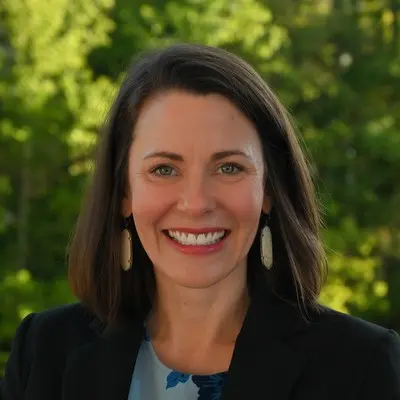
Clinical Operations Director
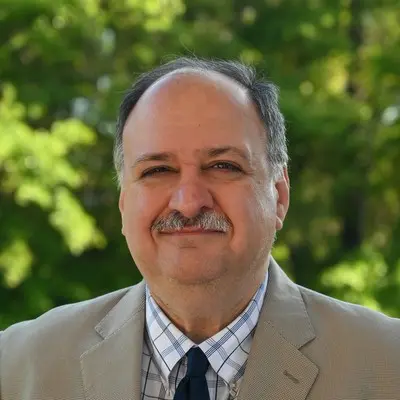
Program Director
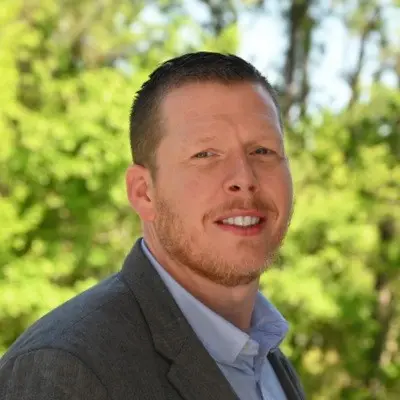
Clinical Director
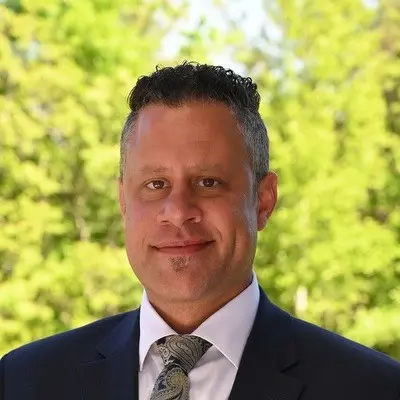
Administrative Director of Addiction Services
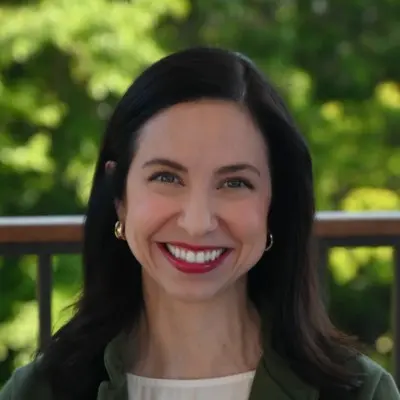
Clinical Director
Accreditations

The Commission on Accreditation of Rehabilitation Facilities (CARF) is a non-profit organization that specifically accredits rehab organizations. Founded in 1966, CARF's, mission is to help service providers like rehab facilities maintain high standards of care.
CARF Accreditation: Yes
Contact Information
2255 Broadway Dr
Hattiesburg, MS 39402





